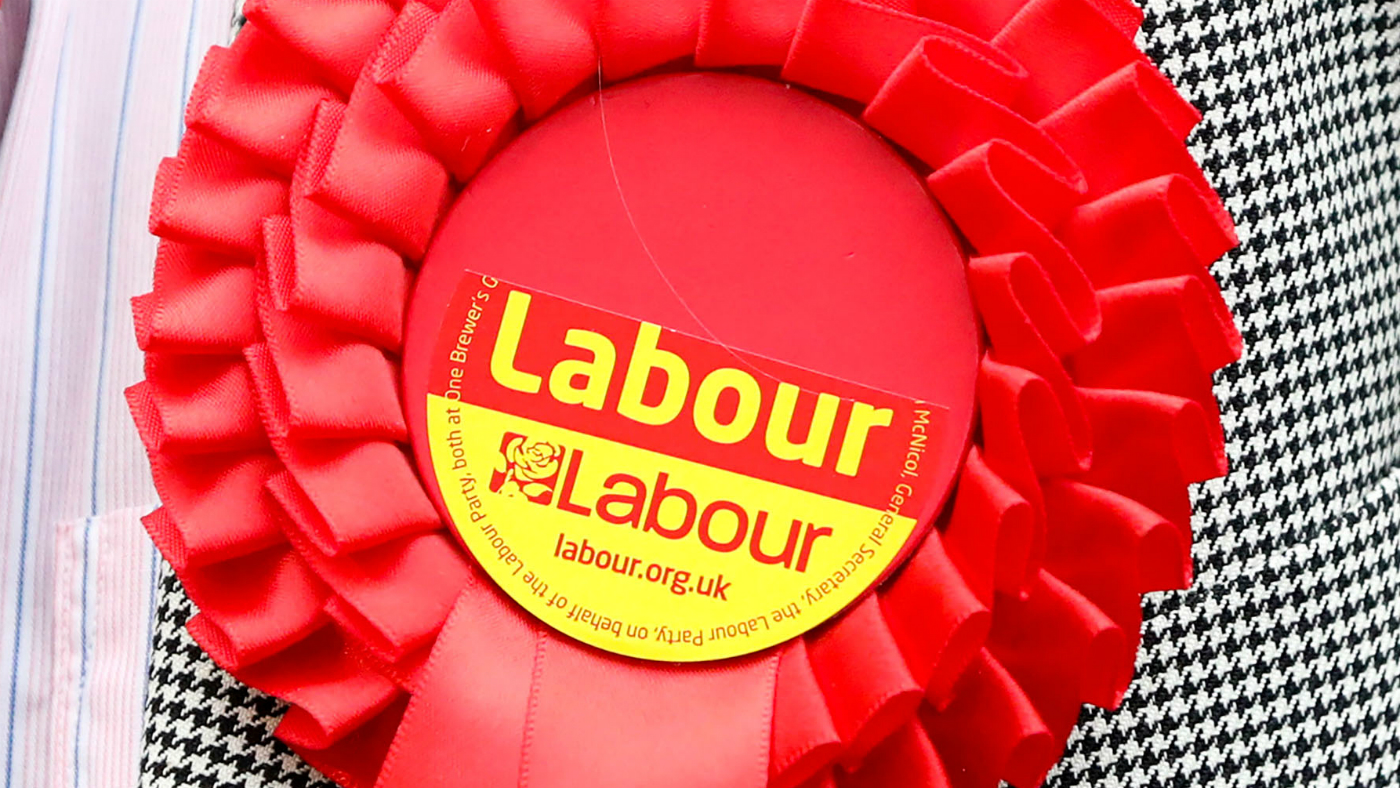What is Clause IV - and what does it mean for Labour?
Party setting up working group to examine restoring the controversial section

A free daily email with the biggest news stories of the day – and the best features from TheWeek.com
You are now subscribed
Your newsletter sign-up was successful
Labour is to consider repealing Tony Blair’s reforms to Clause IV, the ideologically charged section of the party’s constitution.
In 1995, Tony Blair scrapped the clause, which outlined Labour’s commitment to widespread nationalisation - a decision seen as a hugely symbolic moment in the party’s history.
But Labour’s National Executive Committee (NEC) has now agreed to set up a working group to examine proposals to change the document again, The Times reports.
The Week
Escape your echo chamber. Get the facts behind the news, plus analysis from multiple perspectives.

Sign up for The Week's Free Newsletters
From our morning news briefing to a weekly Good News Newsletter, get the best of The Week delivered directly to your inbox.
From our morning news briefing to a weekly Good News Newsletter, get the best of The Week delivered directly to your inbox.
The move comes days before Labour delegates head to Brighton for the party’s annual conference, where party members from Dundee have been planning to present a motion calling for “the restoration of the pre-1995” version of the section in order to take a step closer to a “socialist transformation of society”.
However, the NEC has asked them to withdraw the motion and instead wait for the working group’s verdict.
What is Clause IV?
The original wording of the party’s constitution - written in 1917 and adopted the following year - committed Labour to “secure for the workers by hand or by brain the full fruits of their industry” on the basis of “common ownership of the means of production, distribution and exchange”.
A free daily email with the biggest news stories of the day – and the best features from TheWeek.com
This was effectively a call for nationalisation, or “common ownership” as the wording had it. The Guardian, then the Manchester Guardian, remarked at the time that Labour was the first major party to have declared its “definitely socialistic” principles.
Clause IV has long proved controversial. After Labour lost the 1959 general election, then-leader Hugh Gaitskell said that the party’s commitment to nationalisation was to blame, but his attempts to amend Clause IV met with stiff resistance from the left-wing of the party. In fact, his defeat was compounded when the party agreed to not only keep the section but also print it on membership cards.
Why was it changed under Tony Blair?
Blair hoped that distancing the party from nationalisation would help Labour capture the middle ground at the 1997 general election, and believed that scrapping the clause would be a symbolic step on that journey.
A vote was held at the Methodist Central Hall in Westminster, where the original clause had been adopted in 1918. Blair won in what was a key victory for the New Labour project and which was quickly dubbed “the Clause IV moment”.
–––––––––––––––––––––––––––––––For a round-up of the most important stories from around the world - and a concise, refreshing and balanced take on the week’s news agenda - try The Week magazine. Get your first six issues for £6
–––––––––––––––––––––––––––––––
What would another rewrite mean for Labour?
Re-adopting the controversial clause could prove to be as significant as its abandonment, particularly given how contentious nationalisation remains with the electorate.
Former Labour minister Alan Johnson told The Times this week that a return to the old version would mark the Left’s “final triumph over Blairism” and warned the party against such a step.
He said: “The version so dearly beloved by Corbyn and his doctrinaire chums was a product of 1917 and committed the party to the public ownership of everything.
“I suspect Momentum will want to go back to the old wording, which they’d see as their final triumph over Blairism.”
Labour’s current leadership has hinted in the past that it might be open to such a change.
In 2015, Jeremy Corbyn said: “I think we should talk about what the objectives of the party are, whether that’s restoring Clause IV as it was originally written or it’s a different one.”
And shadow chancellor John McDonnell last year said that the original principles of the clause “are as relevant today as they were back then - fair, democratic, collective solutions to the challenges of the modern economy”.